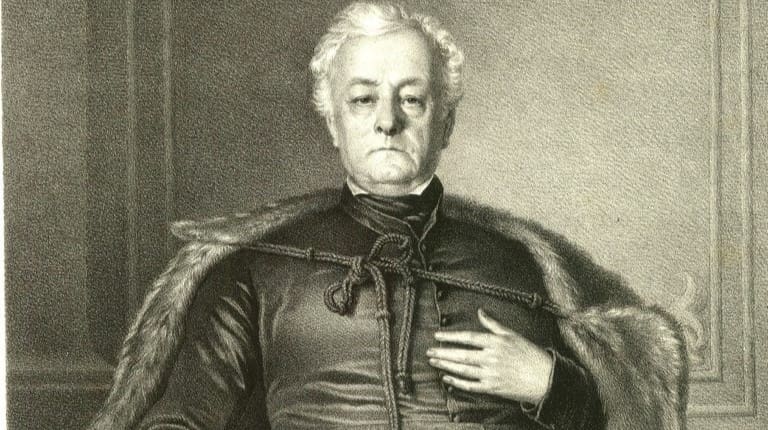
At the beginning of the 19th century, the idea of unification between the Roman Catholic and Protestant Churches came to the fore, and Protestants who sympathized with this idea tried to make it even more visible to the public by wearing clothing similar to the cassock worn by Roman Catholic priests.

The Gospels of Abba Garima, an illuminated gospel book divided into two volumes discovered in 1950, were originally thought to be composed just after the first millennium, or at least centuries after the death of the itinerant monk Garima. Yet recent radiocarbon dating carried out at Oxford University suggests a date between 330–650 AD, thus opening the possibility that they were actually formed by Abba Garima himself, which would pre-date the then earliest illustrated scriptural manuscript of the Rabbula Gospels (c. 586 AD, Laurentian Library, Florence) from Syria.
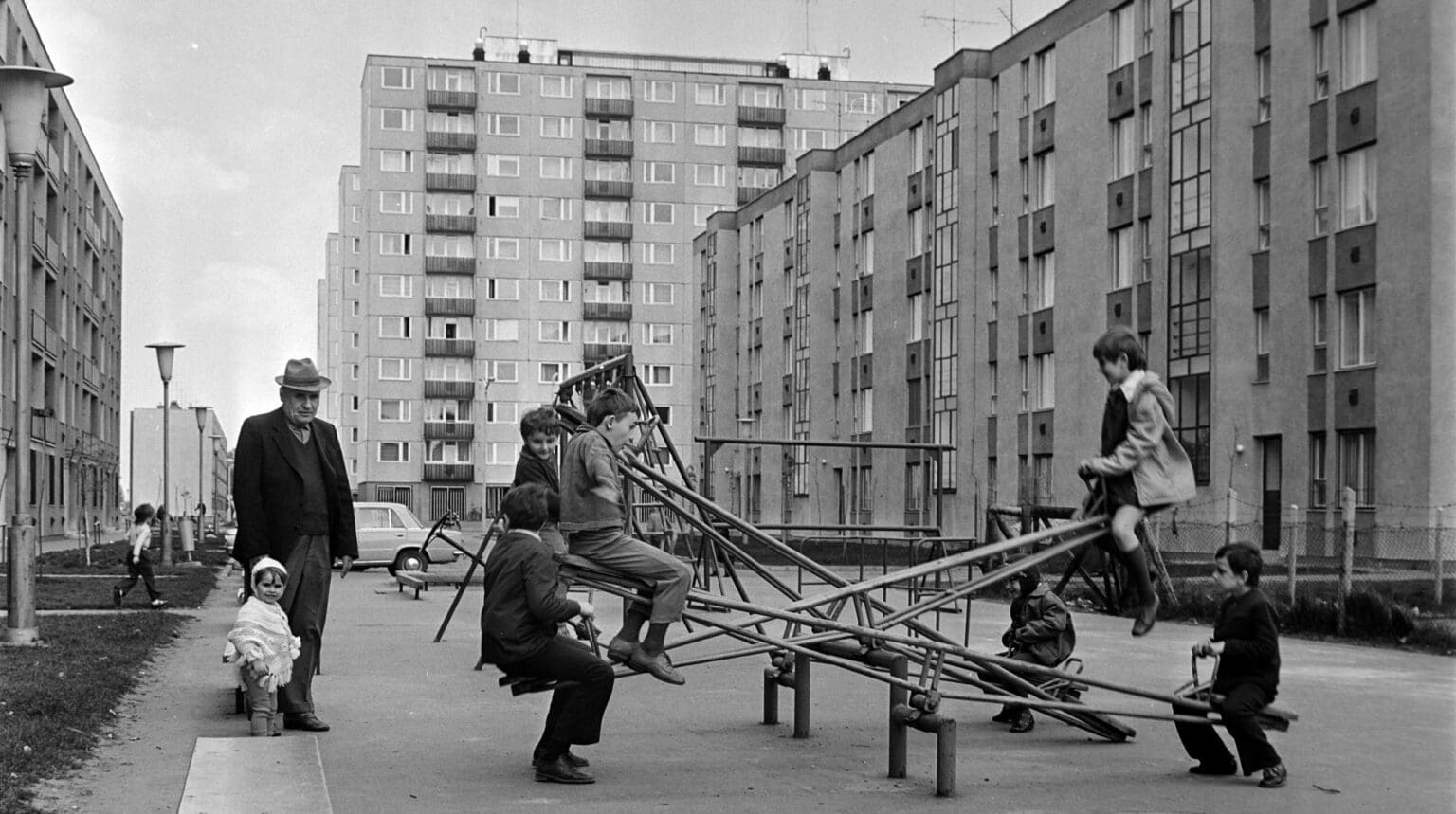
To address the housing shortage, nearly 1 million dwellings were built under the housing programme between 1961 and 1975, 300,000 of them in Budapest; and a large part of the country’s population still lives in the apartments built during that period to this very day. Despite the difficulties and the negative aspects, anyone who has lived in or visited a prefab will never forget it. Public housing cannot be said to be entirely negative or positive, can be loved or disliked, but it is a legacy from the past that defines who we are.
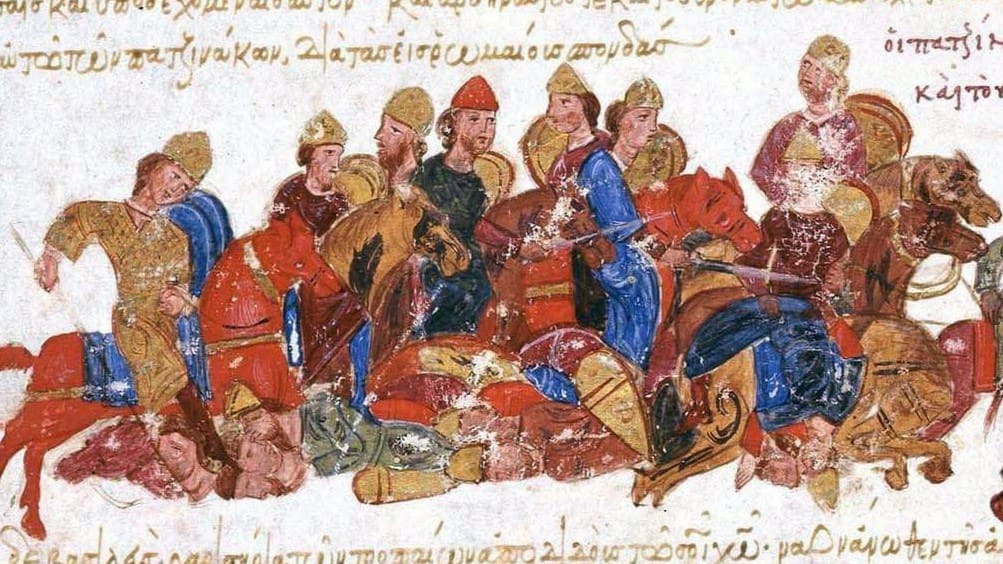
‘Although the Pechenegs have no visible identity, they are part of the Hungarian nation to this day: their medieval history may have ended, but they have played an important role in Hungarian ethnogenesis. Great clans of Pecheneg origins, like the Tomaj, rose to high nobility, exemplifying self-sacrifice when it came to defending the country from foreign invaders.’
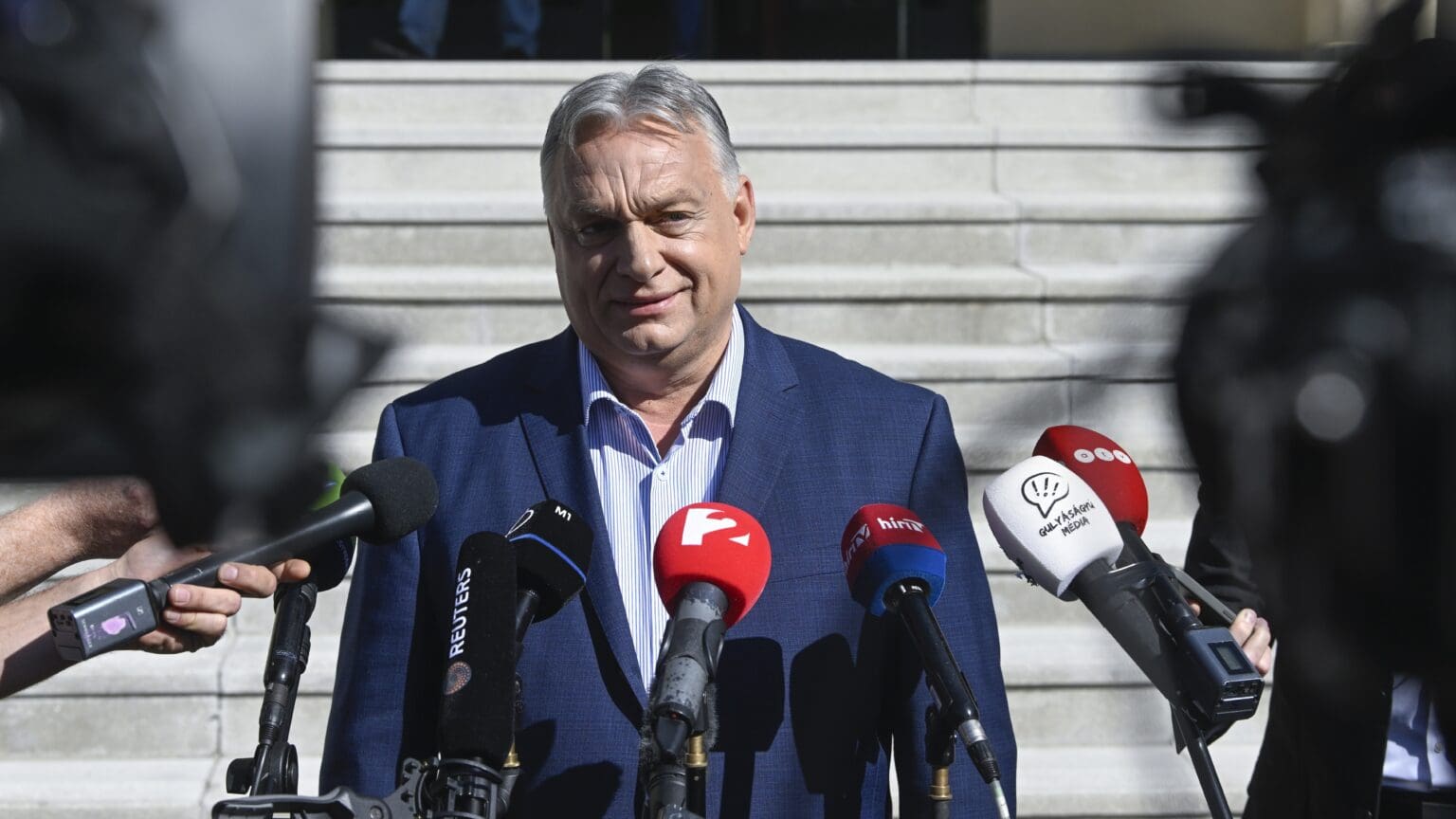
‘Is dominance good or bad? What is the relationship between dominance and democracy? What are the main reasons for dominance? Concerning the last question, the authors argue that—besides the already investigated causes, such as the electoral system—five aspects explain Fidesz’s dominance: the view of the past, the image of the nation, the perception of democracy, leadership, and the party’s role in the party system (and in relation to the opposition). The central part of the book elaborates on these five aspects, focusing on Fidesz and two additional international examples of dominant parties in each chapter.’

A film drama about taxi hyenas; a documentary about one of the greatest masters of Hungarian animation, Attila Dargay; a feature film about a doctor working in an intensive care unit; and an experimental short film titled Flódni have received production support from the television committee of the National Film Institute (NFI).

Trading first started on the Budapest Stock Exchange on 18 January 1864, but the exchange was dismantled by the communist regime in 1948. After the regime change of 1989, securities trading restarted at last on 21 June 1990, exactly 34 years ago today.

Among the Hungarian wines entered, the jury awarded one Best in Show title, four platinum medals, thirteen golds, fifty-six silvers, and sixty-seven bronzes.

After a 3–1 loss to Switzerland and a 2–0 loss to Germany, Hungary sits pointless at the bottom of Group A at Euro 2024. However, they can still advance to the Round of 16, if they manage to beat Scotland by multiple goals on Sunday.

The famous Hungarian ice cream and gelato chef, winner of the Gelato Festival 2024, runs the Fazekas cake shop in the 16th district of Budapest. He was placed #2 in the same ranking in 2022.
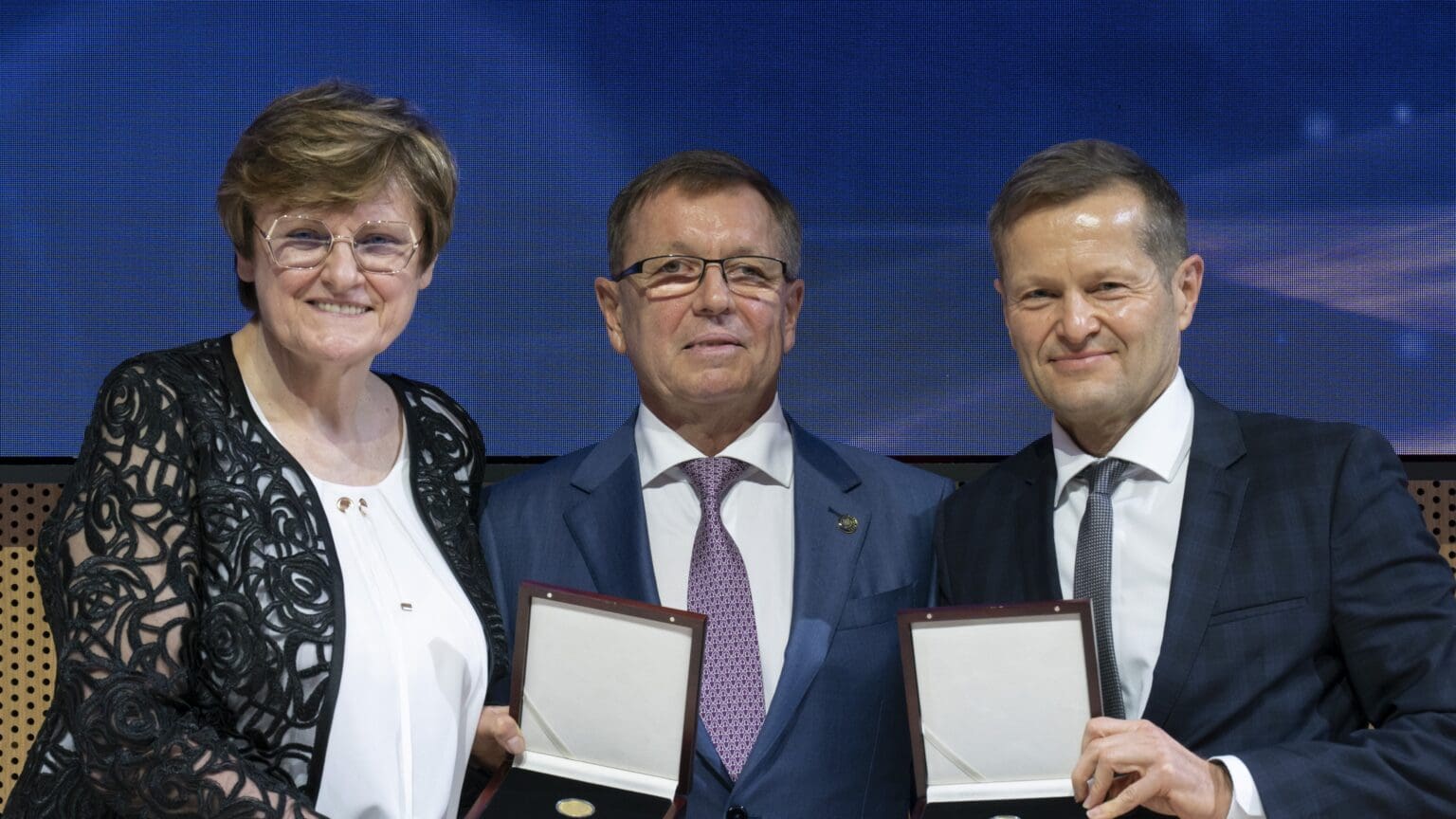
In tribute to the two Hungarian Nobel laureates, biochemist Katalin Karikó and physicist Ferenc Krausz, the Hungarian National Bank (MNB) released silver coins with a face value of 7,500 forints and base metal coins with a face value of 3,000 forints as part of their series honouring Nobel laureates of Hungarian descent.
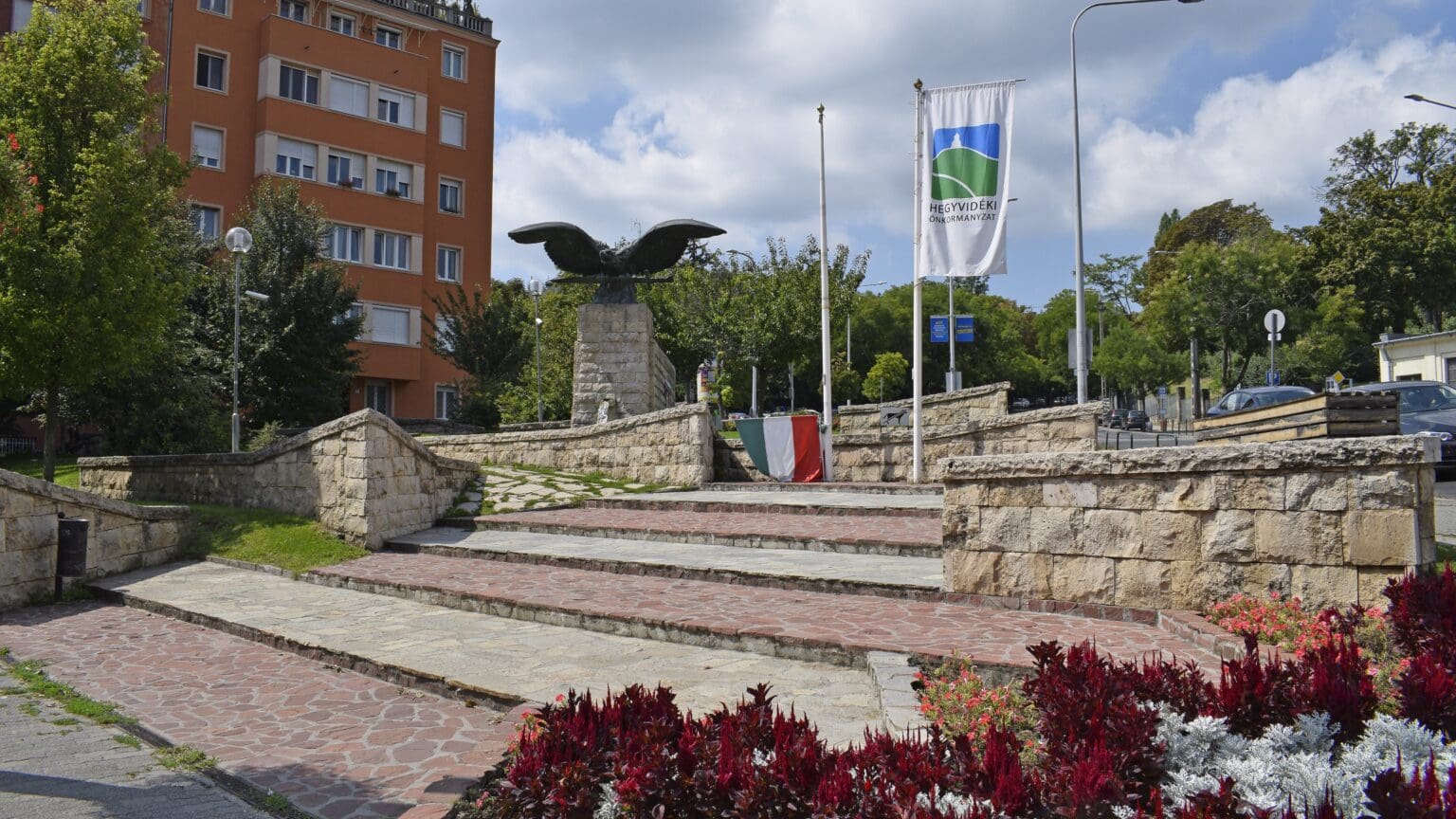
Gergely Kovács, the newly elected Budapest 12th district mayor of the Two-Tailed Dog Party, has vowed to remove the statue of the mythical turul bird located in the vicinity of the mayor’s office. He cited the monument’s connection to Nazism as his reason—however, not many other people see that connection.

The new law was adopted on Tuesday, with restrictions coming into force in Hungarian schools as of 1 September. The legislation has created a unified regulation regarding items that cannot be brought onto school premises and those that can be brought in but whose use is restricted. The range of items in question will be regulated by a subsequent decree, but the law primarily concerns smart devices and mobile phones.
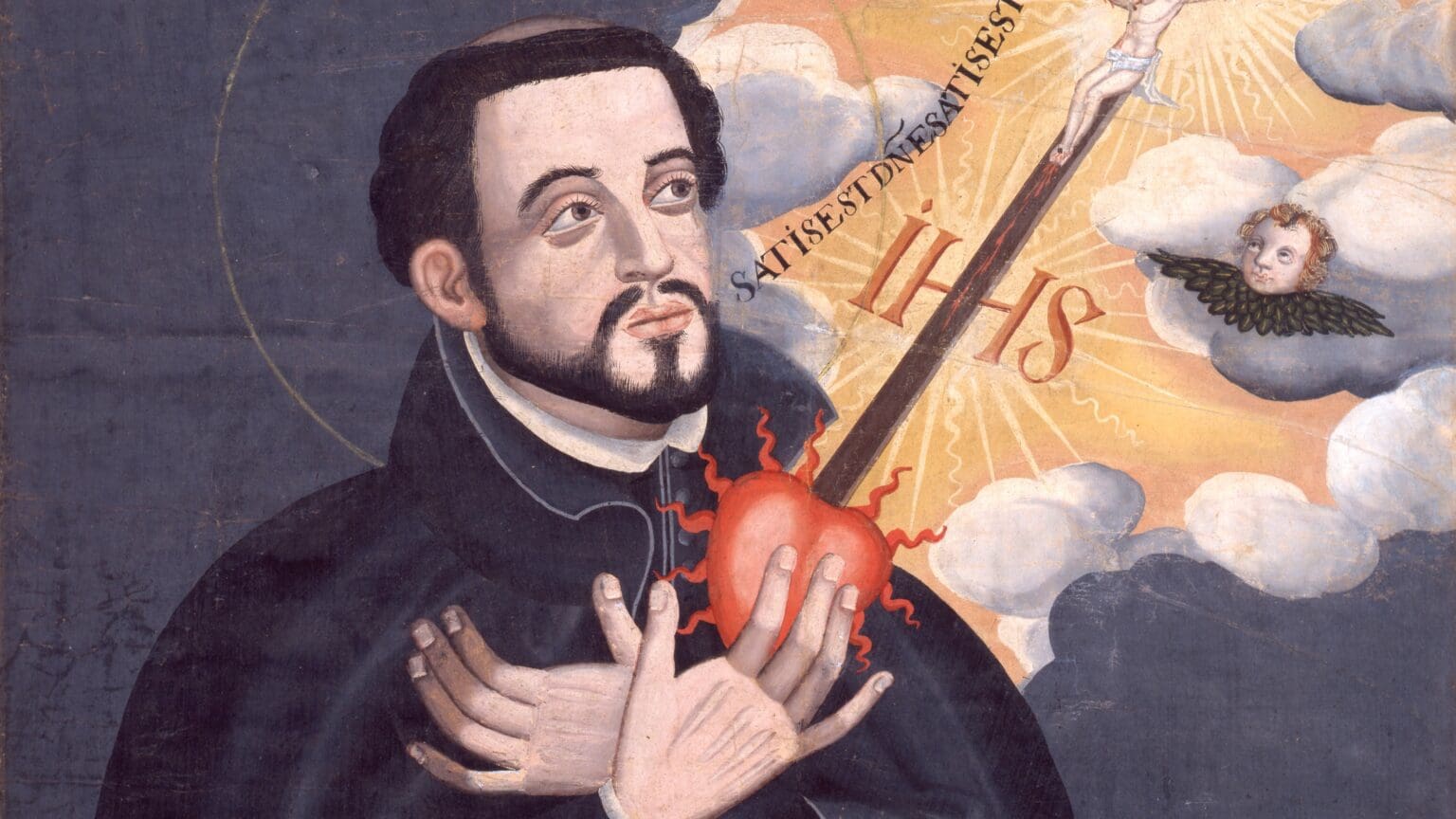
In the 16th century, the Jesuits took control of the higher education in Europe to properly instruct laymen not just in the tenets of the faith, but in other utilitarian subjects, such as mathematics and astronomy. Aligning with absolute monarchs who only sought to enrich their fiefdoms through colonization, the Jesuits, like St. Francis Xavier (1506-1552) and Matteo Ricci (1552-1610) expressed and lived out their voluntarist ideal by undertaking some of the most inconceivable missionary endeavors.

Ulsan HD and Hungarian National Team striker Martin Ádám has become the focus of international attention for his unusual physique after his brief appearance against Switzerland at Euro 2024. Thankfully, he has accepted his status in good humour, saying that he ‘usually gets a good laugh’ when he sees some of the memes about him.

The New York Times published a profile piece on Hungarian hip hop superstar Attila Baukó, better known by his stage name Azahriah. As the article points out, even Prime Minister Viktor Orbán has claimed to be a fan of the popular artist, despite his conservative views being at odds with some of the themes in Azahriah’s music.
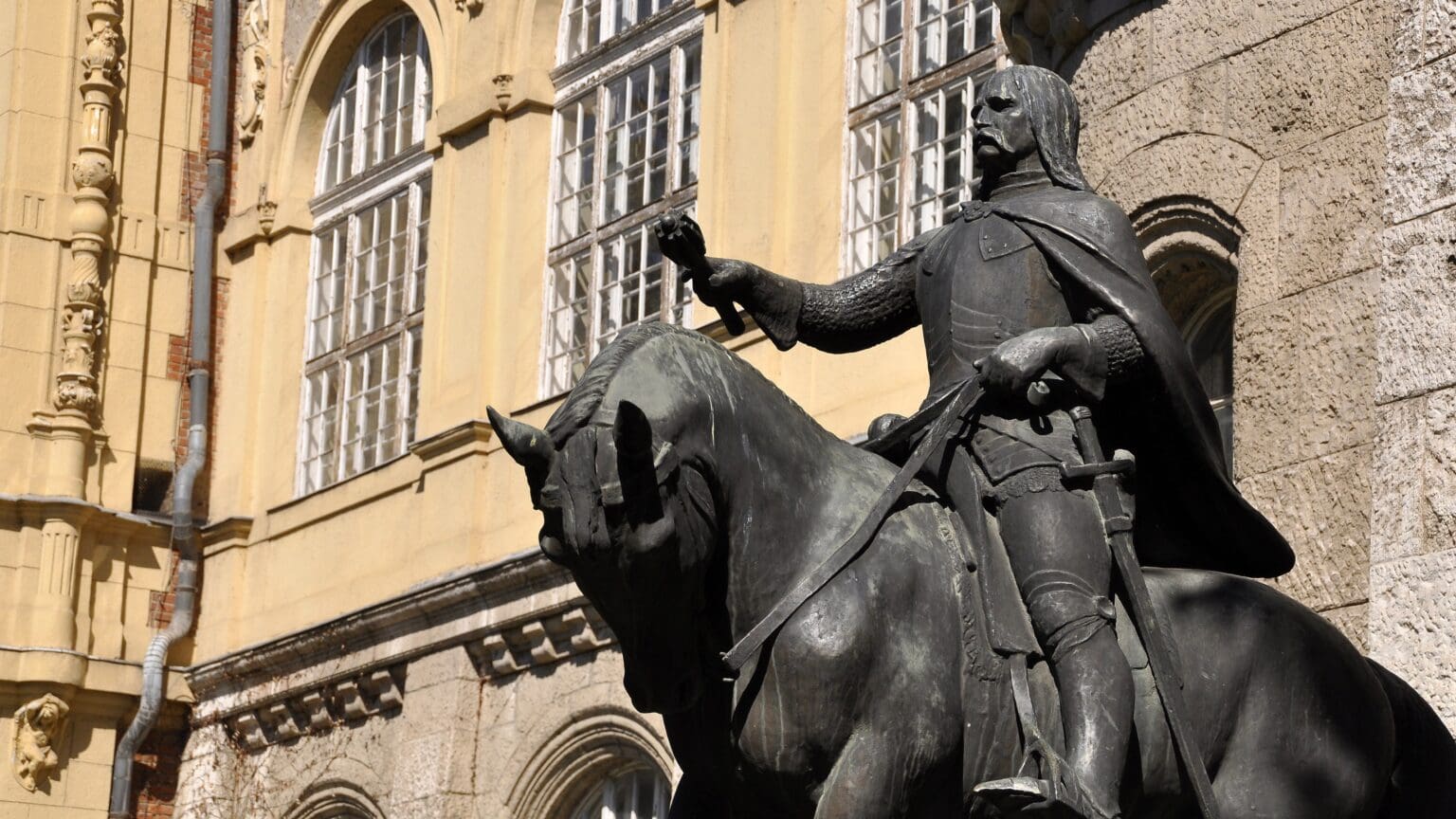
The preparatory work lasted three years, while the filming took one year. Director Orsi Nagypál mentioned that reading the foundational novels written by Hungarian contemporary author Mór Bán on the 15th century military leader John Hunyadi, known as the Turk-buster, allowed her to work more authentically and portray the characters’ living conditions and customs more vividly.

‘A friend of ours, a hoof trimmer, told us that farms where farmers say they are ready start to die in a short time. It’s terribly boring to get up, milk, and manure and not know anymore why you’re doing it. So we have goals that inspire us, that keep the farm alive.’
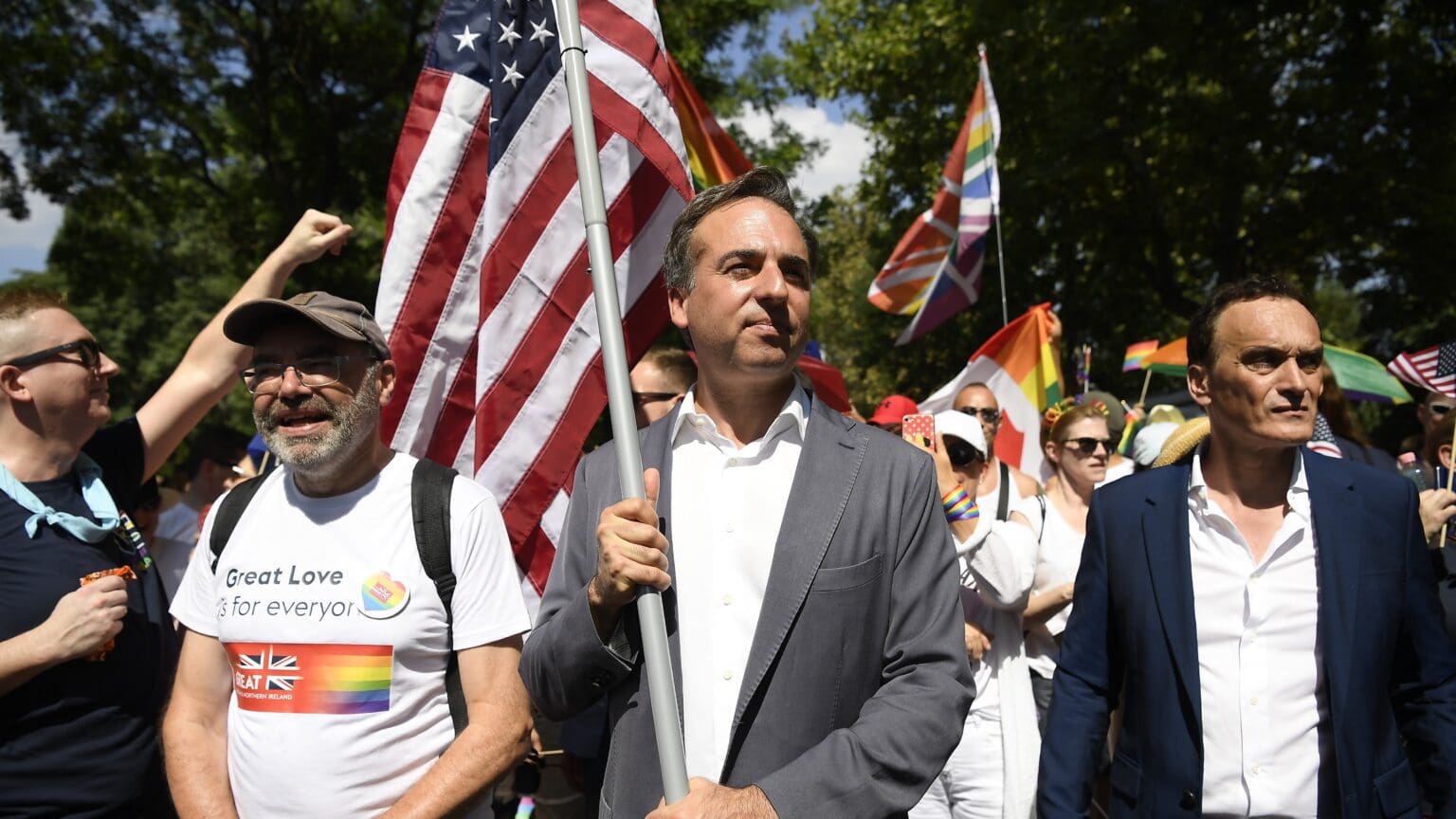
US Ambassador David Pressman is being true to his own self: in a recent interview he accused the Hungarian government of lying, stating that during the campaign before the European Parliament elections, government politicians falsely claimed that NATO would drag Hungary into the war in Ukraine.

‘If everyone agrees on everything, it presents a strange vision of a democratic society,’ remarked German journalist Ralf Schuler during the launch event of his latest book, published in Hungarian by the Center for Fundamental Rights. The book delves into the themes and perils of the herd mentality that is increasingly prevalent in Western societies, drawing comparisons with the era of socialism.

‘It is debatable whether the COP negotiations themselves achieve much, given that a global consensus is typically only possible when the wording is so vague as to mean anything, which is closer to meaning nothing than something…What is clear, however, is that COP has been co-opted by the very form of political economy that provoked its existence. Much like Dubai itself, this is the sort of event that only late-stage capitalism might produce—a monument to the branding-industrial complex. One cannot help but sense that in its contradictions and shallow affect, COP is less a cure for what ails us, but rather a symptom of the problem to be cured.’

The festival will feature productions made for cinema, television, and streaming platforms in various genres; overall, around a hundred Hungarian films will be screened in Veszprém, Balatonfüred, and Balatonalmádi at a total of twelve venues.

Within the HUMDA national championship, the ORB and ORC fields will start with 62 participants on Friday afternoon, while 35 competitors in ORB 2 and 3 will conclude their races by noon on Friday. Additionally, eight Trabant 601s will compete in the Zwei Takt Memory support race.

Hungary are going to their unprecedented third consecutive European Championship after an unbeaten qualifying campaign. They are regarded as the clear underdogs against Germany, the slight underdogs against Switzerland, and the slight favourites against Scotland in their group by bookmakers. Meanwhile, England have the best chance of winning the tournament according to the bookies, ahead of teams such as France, Spain, and hosts Germany.

In Budapest, those interested in the events and exhibitions for the Night of Museums will be able to attend with a unified wristband: adult wristbands cost 3000 forints, while children’s wristbands (ages 6 to 18) cost 1500 forints. The wristbands not only provide entry to participating institutions and programmes but also allow free use of the BKK museum bus routes.
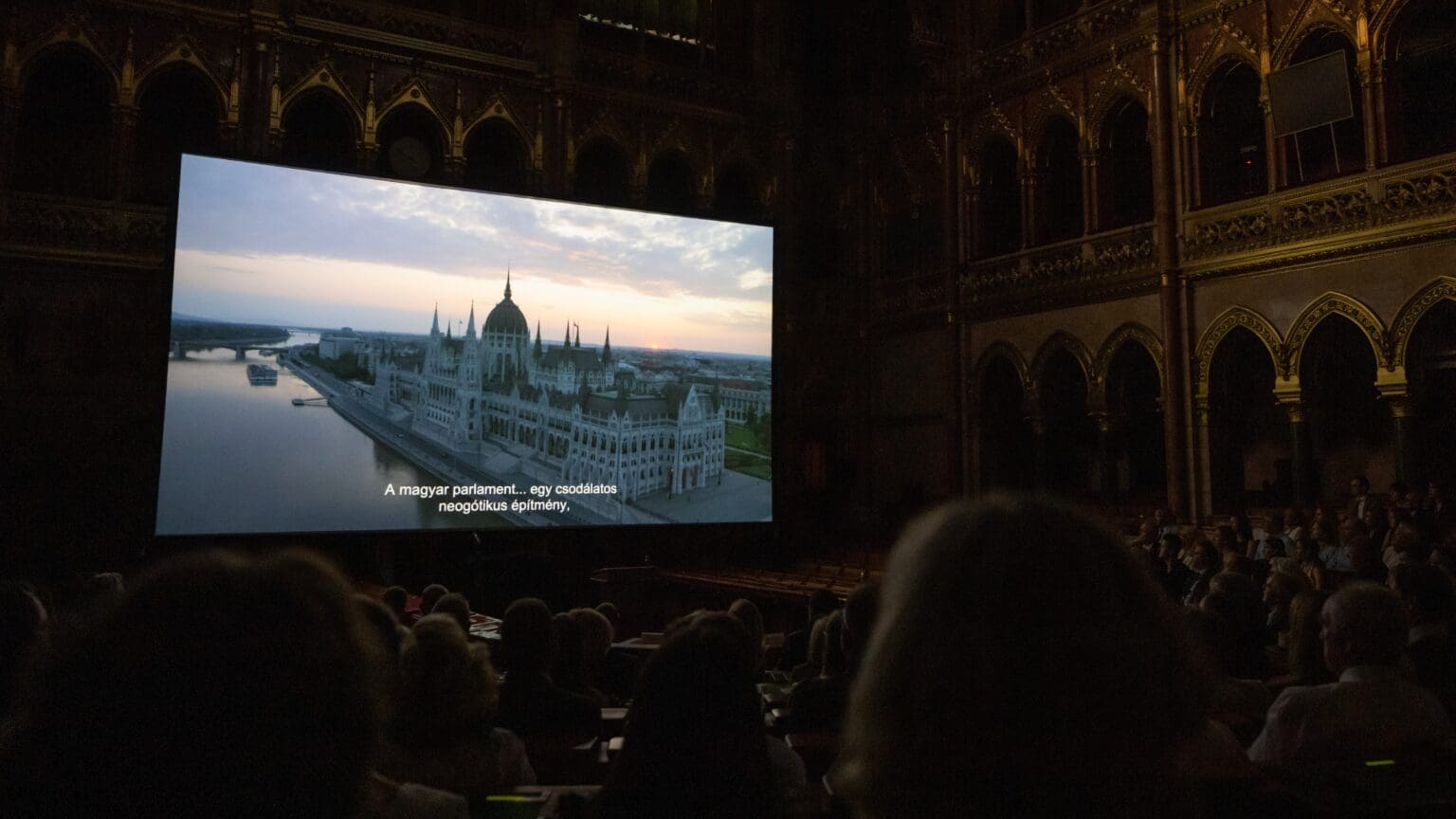
The documentary will be premiered to the public on 14 June at the MOZ.GO Hungarian Film Festival, and is also expected to be available on streaming platforms.

Researchers at the HUN-REN Institute of Experimental Medicine (KOKI) have uncovered the precise mechanisms occurring at synapses using an extremely high-resolution microscope. The significance of the discovery is underscored by its publication on the cover of Science Advances, one of the world’s leading scientific journals.

Public media’s sports channel, complemented by the National Sports Radio (launching on 14 June), Kossuth radio, M1, national sports daily Nemzeti Sport, and their online platforms, aims to showcase as much as possible in excellent quality from the European Championship and later the Paris Olympics. The football festival kicks off in Germany on 14 June with the Hungarian national team playing their first match on 15 June. Hungarian public media will broadcast all matches live on the nationwide, free-to-air M4 Sport channel and m4sport.hu website.

‘We won the first half, 1–0 here. Now, let’s wait for Donald Trump to bring in the second half,’ Hungarian Prime Minister Viktor Orbán said in a humorous tone during an interview with M1 public television as he assessed the results of Sunday’s European Parliament and local elections. PM Orbán emphasized that Fidesz defeated both the old and new opposition simultaneously, which he considers a particularly valuable outcome.
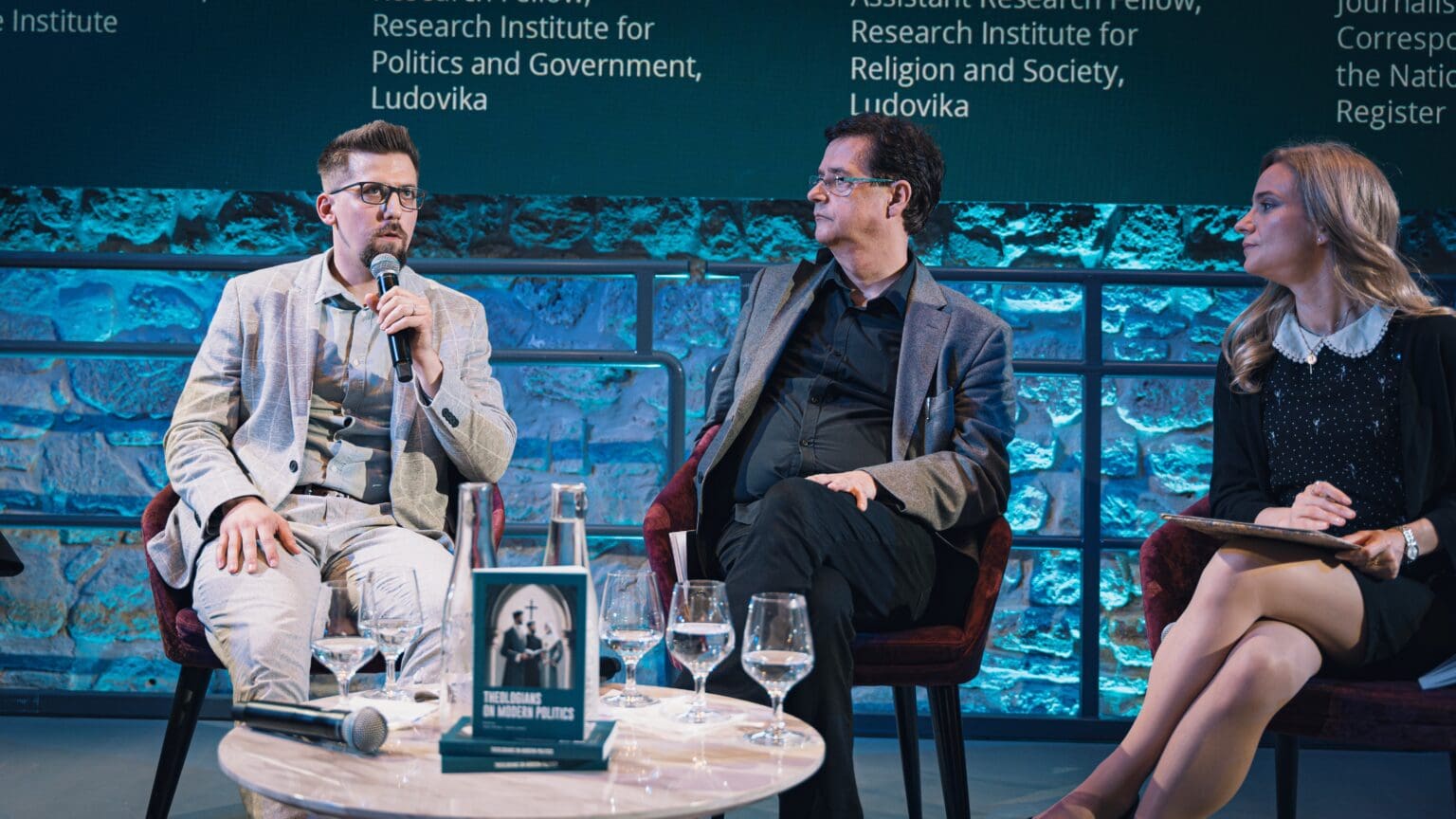
The French Revolution, the Napoleonic wars, the emergence of capitalism, and the development of the first nation-states put both Protestant and Catholic churches in a position they could never have dreamed of a few decades before. Even though reconciliation between state and church came fast, these events served as a Rubicon in Western history and civilization. The clergy, regardless of its faith, had to rediscover itself in a totally different political and socio-cultural environment. The insightful book Theologians on Modern Politics, presented on 4 June, attempts to demonstrate the changing nature of both religious institutions and the faith itself, which allowed Christian ideas and communities to remain key players in modern politics.

Hungarian Conservative is a quarterly magazine on contemporary political, philosophical and cultural issues from a conservative perspective.